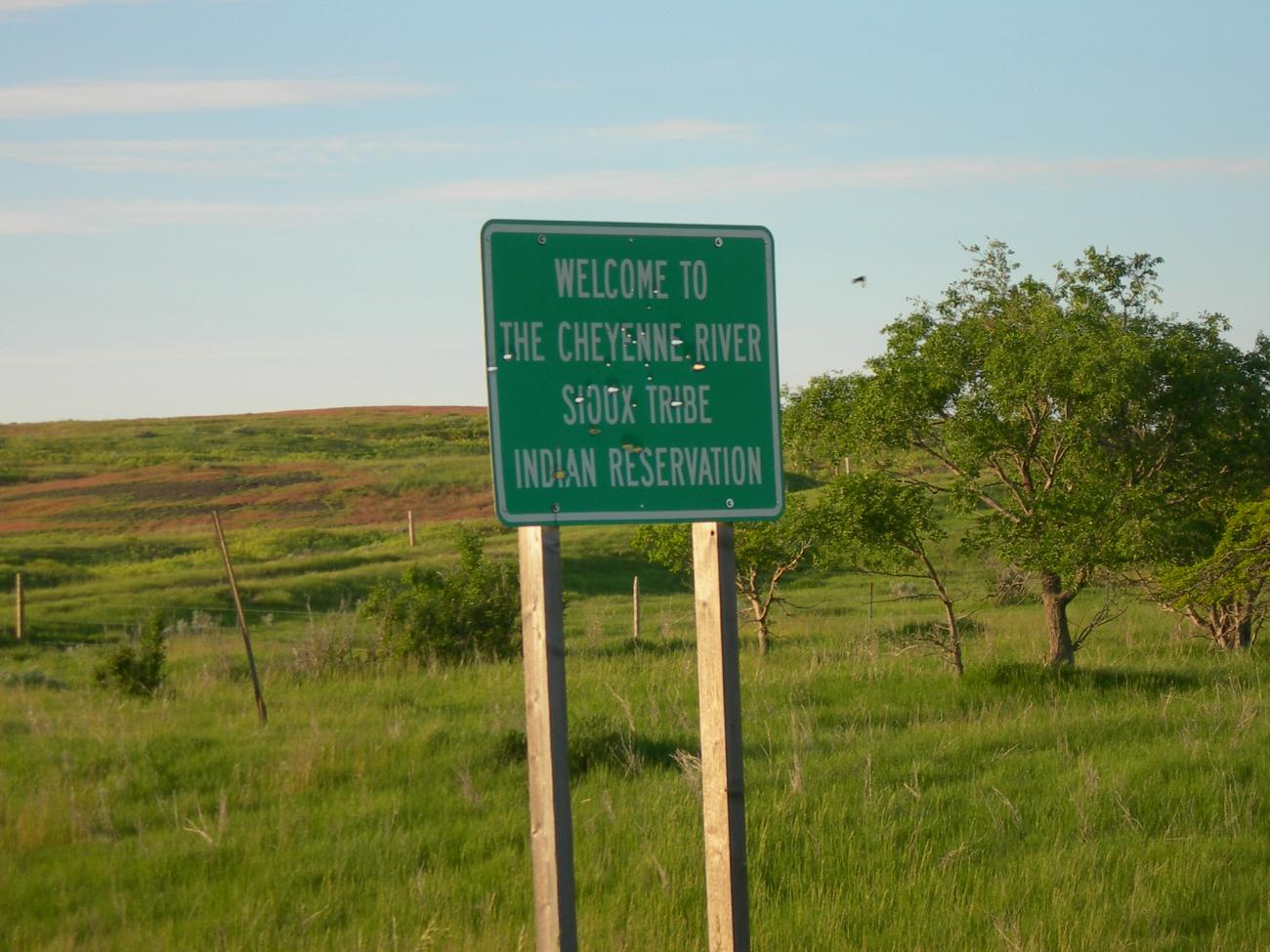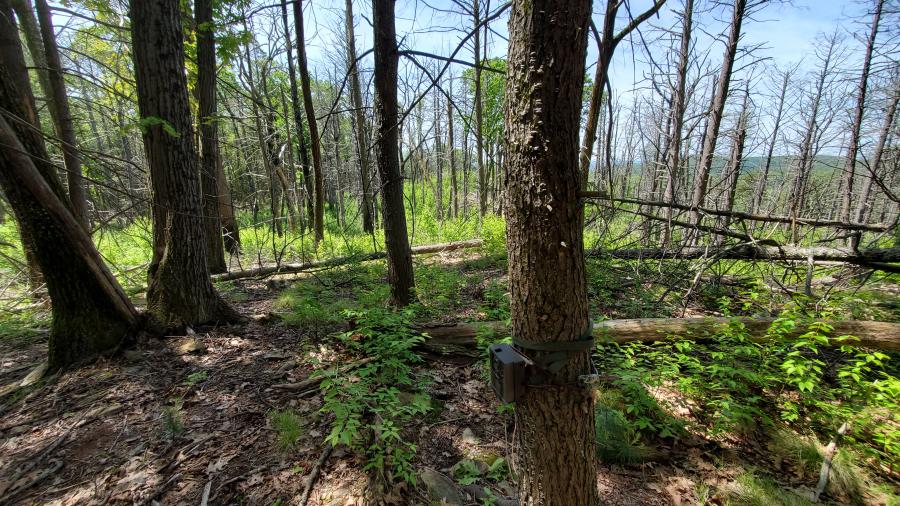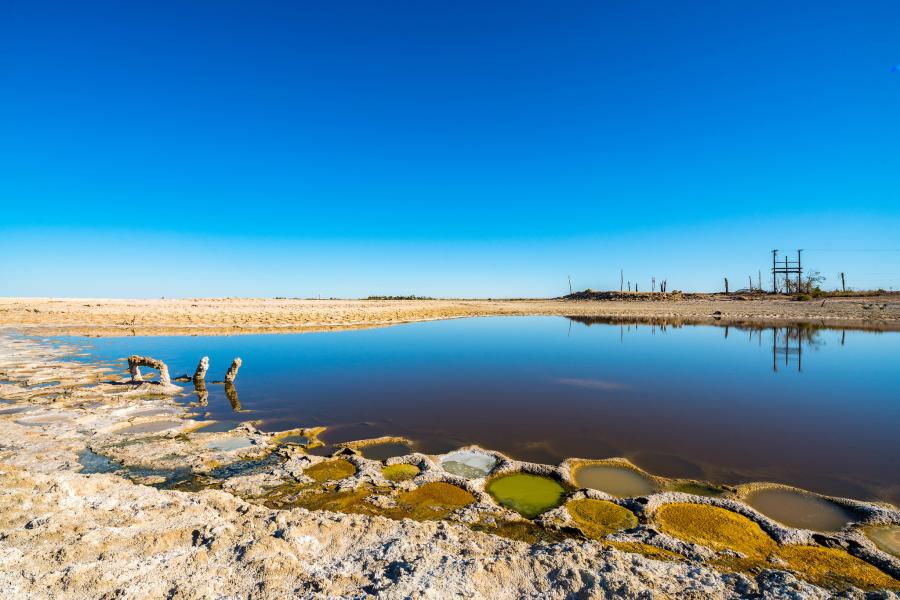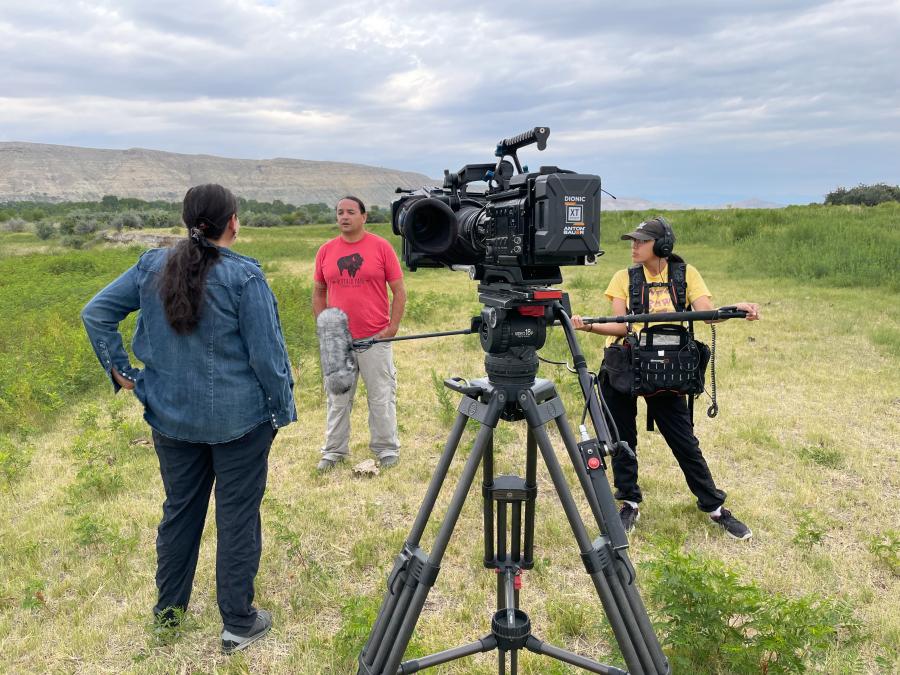
On May 10, 2020, the Oglala Sioux Tribe and the Cheyenne River Sioux Tribe in South Dakota were told by Governor Kristi Noem they had to remove coronavirus checkpoints within 48 hours. However, given that the Cheyenne River Sioux only have an eight-bed facility for the 12,000 people living on the reservation, the checkpoints are an essential tool for regulating and limiting the spread of COVID-19 on the reservation. Chairman Harold Frazier told CNN, “with the lack of resources we have medically, this is our best tool we have right now to try to prevent (the spread of COVID-19).” The Tribes are exercising their rights to self-determination.
The Oglala Sioux Tribe released a statement on May 11 stating, “The Oglala Sioux Tribe's president has a message for South Dakota Governor Kristi Noem: since she won't protect Tribal health and safety, Tribes have no choice but to take matters into their own hands.”
Although Governor Noem stated on May 10 that “the checkpoints on state and U.S. highways are not legal, and if they don’t come down, the state will take the matter to Federal court,” Chairman Frazier has pointed out that the governor never actually contacted his office before requesting that the checkpoints be removed. A bipartisan letter to the governor, signed by 17 South Dakota legislators, including three recently elected Native American women, states “the State of South Dakota [does not] have the authority to enforce State law within boundaries of a Reservation,” referencing the 1851 and 1868 Ft. Laramie Treaties and the 1990 8th Circuit Court of Appeals which held that the State of South Dakota has no jurisdiction over the highways running through Indian lands in the state without Tribal consent.
“We could have helped facilitate conversations and given your office unique insight as to the history, culture, protocols, and vernacular of how to work together with Tribal governments,” the letter explains. “You elected, however, not to contact us and sent an ultimatum to both Tribes.”
Democratic Senator Red Fawn Foster, (Oglala Lakota) Democratic Representative Peri Pourier (Oglala Lakota) and Republican Representative Tamara St. John (Sisseton Wahpeton Oyate) were all newly elected in 2019, and it is the first time this many Native women hold seats in the South Dakota legislature at one time.
In addition to violating Fort Laramie Treaties and state laws, the governor's decision is counter to recommendations made by the United Nations in respecting Indigenous sovereignty during the time of COVID, UN Permanent Forum on Indigenous Issues Chairperson Anne Nuorgam (Sami) urged States to “take immediate steps to ensure that Indigenous Peoples are informed, protected and prioritized during the COVID-19 global health pandemic... States must prevent outsiders from entering into [Indigenous] territories. Any plan or protective measures to address indigenous peoples in voluntary isolation...should be multidisciplinary and follow agreed protocols and international recommendations such as the recommendations of the Inter American Commission on Human Rights.” She continued, “Indigenous Peoples can contribute to seeking solutions. Their good practices of traditional healing and knowledge, such as sealing off communities to prevent the spread of diseases and of voluntary isolation, are being followed throughout the world today.”
Cultural Survival Executive Director Galina Angarova (Buryat) stated, "We support Oglala Sioux and Cheyenne River Sioux Tribes in their self-determined efforts to respond to the crisis and protect their communities. The Federal and the State governments need to respect their decisions and adhere to the principles of the UN Declaration on the Rights of Indigenous Peoples."
Cultural Survival stands in solidarity with the Oglala Sioux and Cheyenne River Sioux in South Dakota and urges South Dakota to respect Indigenous self-determination and sovereignty at all times, but especially during a crisis such as the global COVID pandemic which threatens the lives of Indigenous Peoples already at risk due to centuries of marginalization and colonization.
Photo: Jimmy Emerson, DVM



